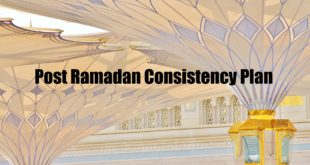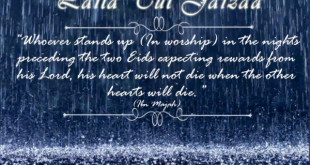Cii News | 11 Muharram 1436/04 November 2014
“To agree to disagree, in an agreeable manner”.
This is how Moulana Abdullah Khan of the Jamiatul Ulama KZN summed up the resolve of the multitude of Ulama who attended the recent Southern African Ulama Forum conference that took place in Durban.
Over 500 delegates from countries across the Southern African region (incorporating Malawi, Mozambique, Zambia, Zimbabwe, Swaziland, Lesotho, Botswana and South Africa) descended on Durban for the biennual event, the 7th of its kind since the forum’s inception.
Speaking to Cii Radio, Moulana Abdullah Khan of the Jamiatul Ulama KZN, the theological body that hosted this year’s event, labelled the gathering a resounding success, that presented valuable opportunities for Ulama and community leaders to network and discuss the most pressing challenges facing Muslims in their respective communities across the region today.
Although the overarching theme of the conference was ‘Harnessing the Potential of Ulama’, Moulana Khan said a significant amount of time was dedicated to addressing the need for harmonious understanding among Ulama, who often had failed to see eye to eye on various ideological positions.
“It was decided that disagreements amongst Ulama should be handled maturely, and that spats should never be dragged into the public arena,” he said.
Among the resolutions unanimously adopted, according to the Jamiatul Ulama KZN, was the following, “The Forum resolved to promote the concept of tolerance among the Ulama fraternity and undertook to resolve differences with decorum and dignity. It further implored Ulama not to take their differences to the public arena.”
The Durban based body said the conference proved beyond doubt that the “overwhelming majority of the Ulama” had the best interests of the public at heart and were far removed from peddling confusion and negativity in the hearts of the public, that would be highly detrimental to the vital role Ulama have to play in society.
“A question similarly raised,” said the Jamiat, “was how to deal with those who would seek to destroy this unity(of Ulama) by sowing the seeds of confusion in the Ummah.”
“One point mentioned was that in an Islamic state, Ulama who would cause confusion in the public domain would be brought before the authorities and at times heads would, literally, roll so that the unity of the Ummah may be preserved.”
“Unfortunately,” it however noted, “this legal authority is not available in our present context. Hence, the duty of the Ulama is to educate the Ummah and encourage them to be vigilant and take whatever action that is within their power to prevent this abuse.”
To this end, it was advised that all information and statements attributed to Ulama and Ulama bodies should first be verified. Additionally, it urged, any material established as fraudulent should not be entertained, and be treated with the contempt it deserves.
The conference further suggested Ulama seek the advice of a ‘Council of Elder Ulama’ in their regions when dealing with potentially controversial situations.
Sessions also discussed bridging the gap between Ulama and youth to insulate this segment of the population from the influence of deviant ideologies. Ulama were also advised to improve their skills base to be able to better serve their constituencies.
The South African Ulama Forum was the brainchild of senior Zimbabwean aalim Moulana Moosa Menk.
The next conference takes place in Gauteng in 2016, Insha Allah.
 Jamiatul Ulama KZN Council of Muslim Theologians
Jamiatul Ulama KZN Council of Muslim Theologians





